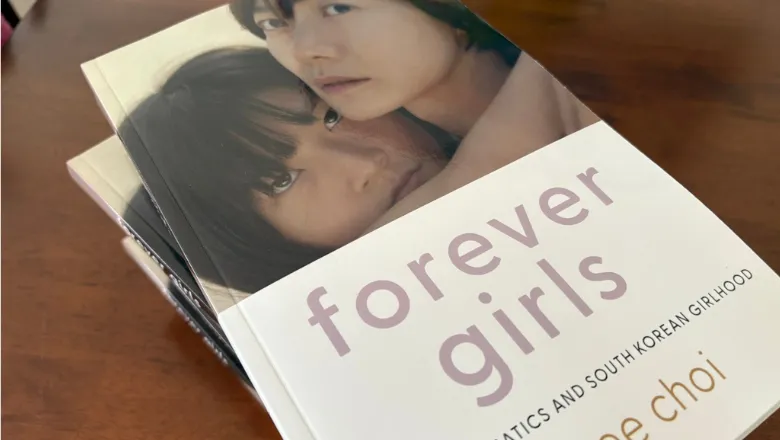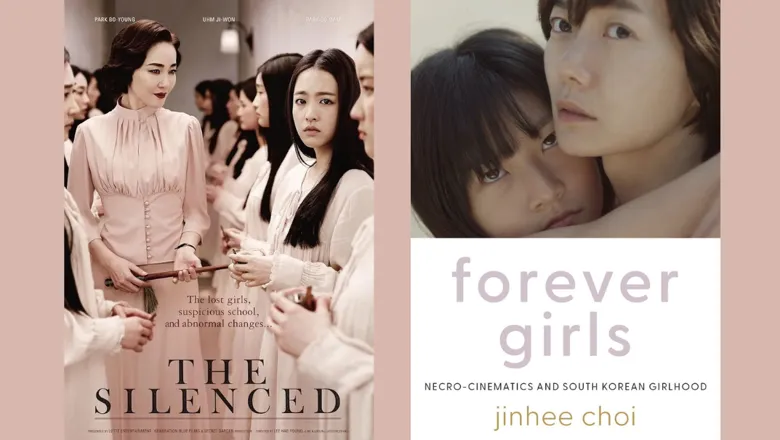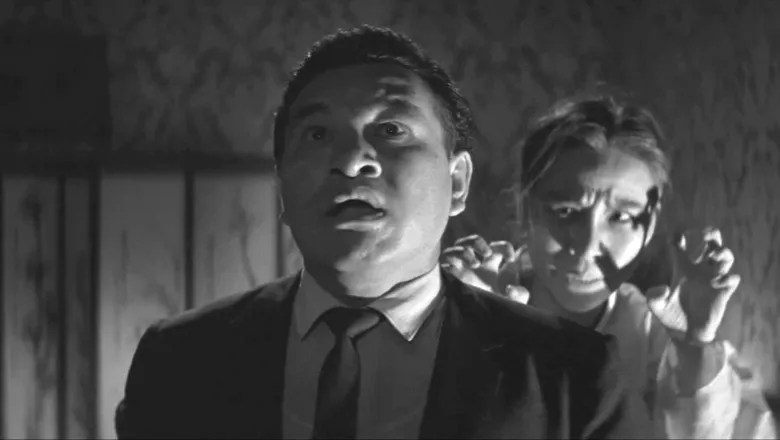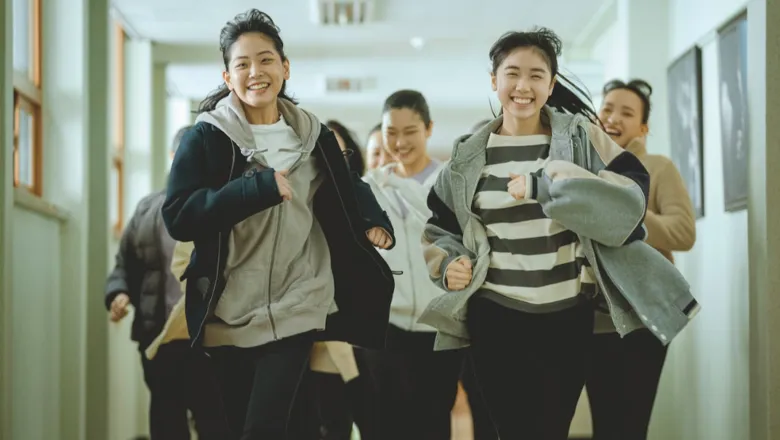Professor Jinhee Choi
Professor of Film Studies
- Head of Department, Film Studies
Pronouns
she/her/hers
Biography
Jinhee Choi was educated at Seoul National University (South Korea) and completed a B.A. and M.A. in Aesthetics. She earned two PhDs—one in Philosophy and the other in Film Studies—at the University of Wisconsin-Madison (United States) and was a post doctorate/visiting professor in East Asian Studies and Film Studies at Yale University. She previously taught at Carleton University (Canada) and the University of Kent before moving to King’s College in 2011.
Research interests and PhD supervision
My monograph Forever Girls: Necro-cinematics and South Korean Girlhood (Oxford University Press) explores girlhood and the image of death manifest in contemporary South Korean cinema, where girls’ bodies have repeatedly embodied various conflicting socio-political forces that shaped the nation.
With the depiction of girlhood from the 1970s as a reference image, Jinhee Choi examines the extent to which the girlhood represented in millennial South Korean cinema still resonates with such an image, ultimately arguing that South Korean cinema needs to more adequately mourn girls’ deaths and grant them the very girlhood that has long been denied.
I am interested in supervising PhD theses on East Asian Cinema (popular and experimental); East Asian Cinema and urban space; girlhood; film theory; film industries; sensibility and sentimentality; food and cinema.
Selected publications
Monographs:
- Forever Girls: Necro-Cinematics and South Korean Girlhood. New York: Oxford University Press, 2025
- The South Korean Film Renaissance: Local Hitmakers, Global Provocateurs. Middletown: Wesleyan University Press, 2010.
Edited Volume:
- Reorienting Ozu: A Master and His Influence. New York: Oxford University Press, 2018.
Chapters in Edited Volumes:
- “Vessels and Cargos: Spaces of Inclusion and Exclusion in Johnnie To’s Drug War and Lee Hae-young’s remake Believer.” In East Asian Remakes, ed. David Scott Diffrient and Kenneth Chan, 221-236. Edinburgh: University of Edinburgh Press, 2023.
- “Girls Who Can Leap Through Time: Shojo and Time Travel in East Asian Media.” In Screening Characters: Characterization in Film, Television, and Interactive Media, ed. by Johannes Riis and Aaron Taylor, 251-265. AFI Film Readers. London: Routledge, 2019.
Teaching
Jinhee Choi has taught a wide range of modules at both the BA and MA level, including national and transnational cinemas (East Asian focus), world cinema, film theory, film analysis, film industry (the Hollywood studio system and the East Asian contemporary film industry), documentary, avant-garde, film theories and emotion, and cinema and modernism.
At King's she has recently convened: Asian Popular Cinema; Authorship and Creativity (Ozu and his Influence); Korean Cinema; Food for Thought: Food, Film and Philosophy; Cinema and Sentiment (Feeling Cinema).
Expertise and public engagement
Jinhee Choi is on the editorial board of journal New Review of Film and Television Studies. She was the Co-editor-in-chief the Journal of Japanese and Korean Cinema (2017-2022) and had served as a member of the advisory board for the London Korean Film Festival hosted by Korean Culture Centre UK. She has been widely interviewed for various public radio shows including BBC Radio 4 (UK); Philosophy Talk; Why? Philosophical Discussions on Everyday Life (US); and TBS World News (South Korea) and cited in many news articles including The Financial Times and The Korea Times.
Research

Environmental Humanities Network
Addressing the world's most pressing environmental challenges.

King’s Korea Initiative
The King’s Korea Initiative aims to become one of the leading European and global hubs for dialogue, research and commentary about contemporary Korea
News
'Authentic form of freedom': Professor Jinhee Choi explores girlhood, trauma and idleness in Korean cinema
'Forever Girls: Necro-Cinematics and South Korean Girlhood' by Professor Jinhee Choi is out now.

Events

The Silenced + Forever Girls reception
Book launch for Professor Jinhee Choi's Forever Girls: Necro-Cinematics and South Korean Girlhood.
Please note: this event has passed.

A Bloodthirsty Killer
Screening of Salinma (1965), a revenge-beyond-the-grave horror film, symbolising the clash of modernity and tradition, with an intro by Professor Jinhee Choi.
Please note: this event has passed.

New Writings: Forever Girls
Author of Forever Girls, Professor Jinhee Choi explores how girlhood manifests in South Korean cinema.
Please note: this event has passed.

London Korean Film Festival 2024: Women’s Voices Forum
A discussion that looks at the role of women in the Korean film industry, with directors of films featured in this season present to share their thoughts.
Please note: this event has passed.
Research

Environmental Humanities Network
Addressing the world's most pressing environmental challenges.

King’s Korea Initiative
The King’s Korea Initiative aims to become one of the leading European and global hubs for dialogue, research and commentary about contemporary Korea
News
'Authentic form of freedom': Professor Jinhee Choi explores girlhood, trauma and idleness in Korean cinema
'Forever Girls: Necro-Cinematics and South Korean Girlhood' by Professor Jinhee Choi is out now.

Events

The Silenced + Forever Girls reception
Book launch for Professor Jinhee Choi's Forever Girls: Necro-Cinematics and South Korean Girlhood.
Please note: this event has passed.

A Bloodthirsty Killer
Screening of Salinma (1965), a revenge-beyond-the-grave horror film, symbolising the clash of modernity and tradition, with an intro by Professor Jinhee Choi.
Please note: this event has passed.

New Writings: Forever Girls
Author of Forever Girls, Professor Jinhee Choi explores how girlhood manifests in South Korean cinema.
Please note: this event has passed.

London Korean Film Festival 2024: Women’s Voices Forum
A discussion that looks at the role of women in the Korean film industry, with directors of films featured in this season present to share their thoughts.
Please note: this event has passed.
